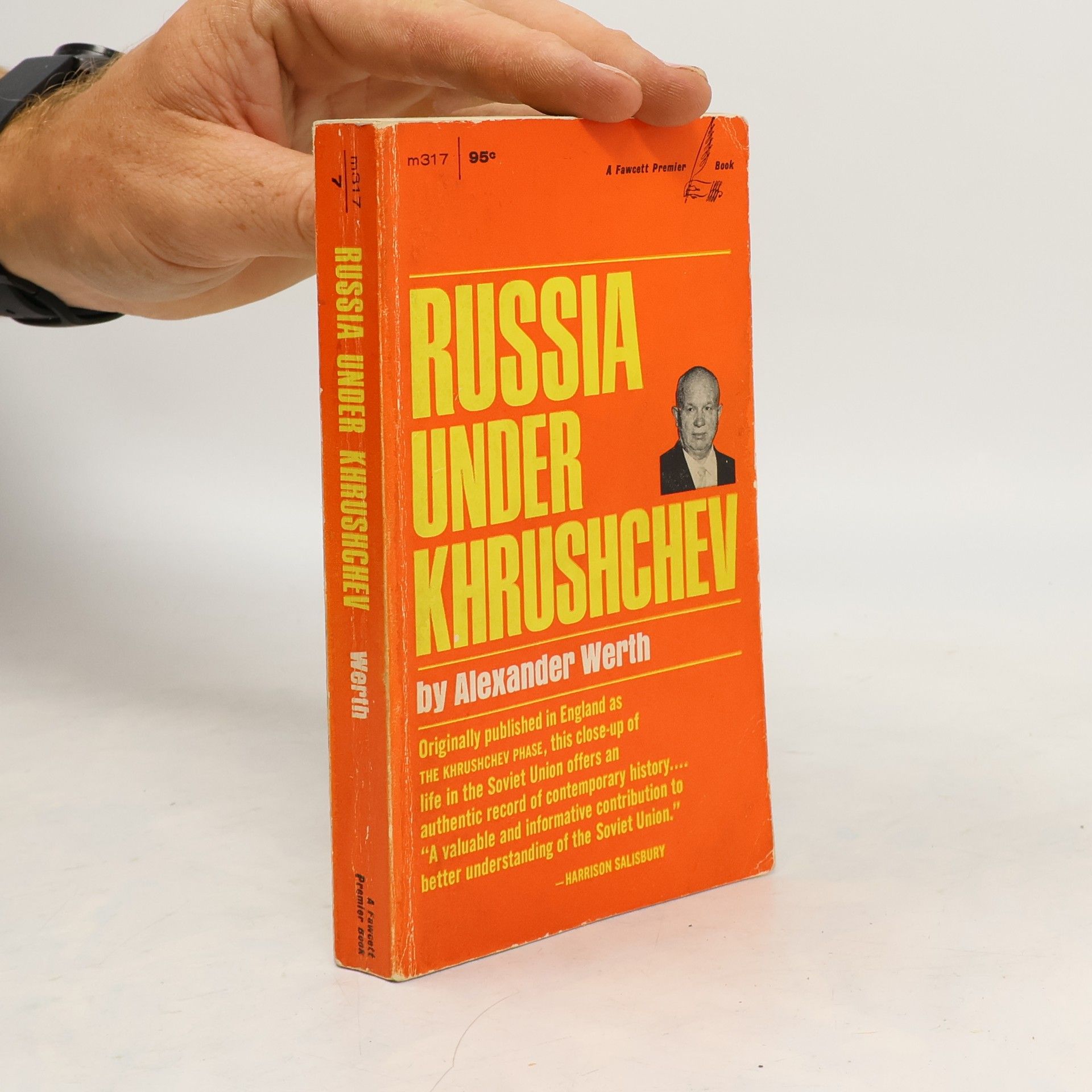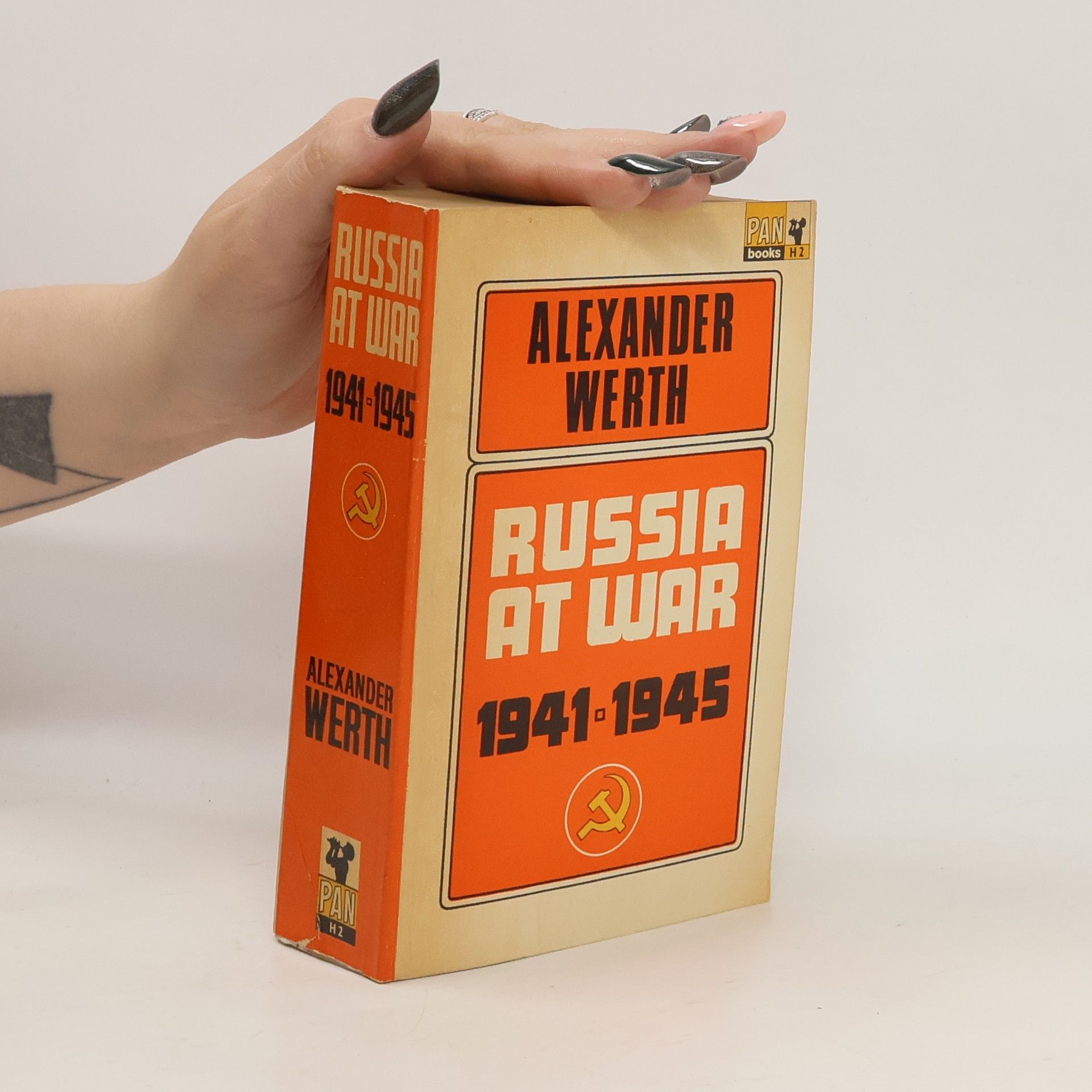De Stalingrado a Berlin
Rusia en la guerra (II)
Alexander Werth fue un escritor, periodista y corresponsal de guerra nacido en Rusia y nacionalizado británico, cuyo trabajo se centró en la Francia de preguerra y en la Rusia de la Segunda Guerra Mundial, especialmente en la Batalla de Stalingrado y el Sitio de Leningrado. Su fluidez en ruso, combinada con sus credenciales como corresponsal de la BBC, le otorgó un acceso sin precedentes a la vida soviética en tiempos de guerra. El reportaje de Werth ofreció una mirada franca y entre bastidores de la época, proporcionando a los lectores una perspectiva profundamente informada sobre eventos históricos cruciales.







Rusia en la guerra (II)
Rusia en la guerra (I)
Rusko vo vojne 1941 - 1945. 1. časť
Autor nerozvíja len obrazy bojov a strategické plány všetkých zúčastnených strán, ale nazerá aj za kulisy diplomatickej scény, kde sa pripravovalo povojnové usporiadanie a rozdelenie sveta. A.Werth sa citlivo a objektívne zaoberá problémami: ako je problém Poľska a ostatných štátov, ktoré sa dostali do sféry sovietskeho vplyvu, vzťahov medzi Stalinom a jeho vojnovými spojencami, de Gaullovho postavenia, z ktorého vyplynuli mnohé stránky jeho neskoršieho konania, problém Japonska v poslednej fáze vojny, ako aj povojnové obdobie a jednotlivé osudy mnohých drobných ľudí...